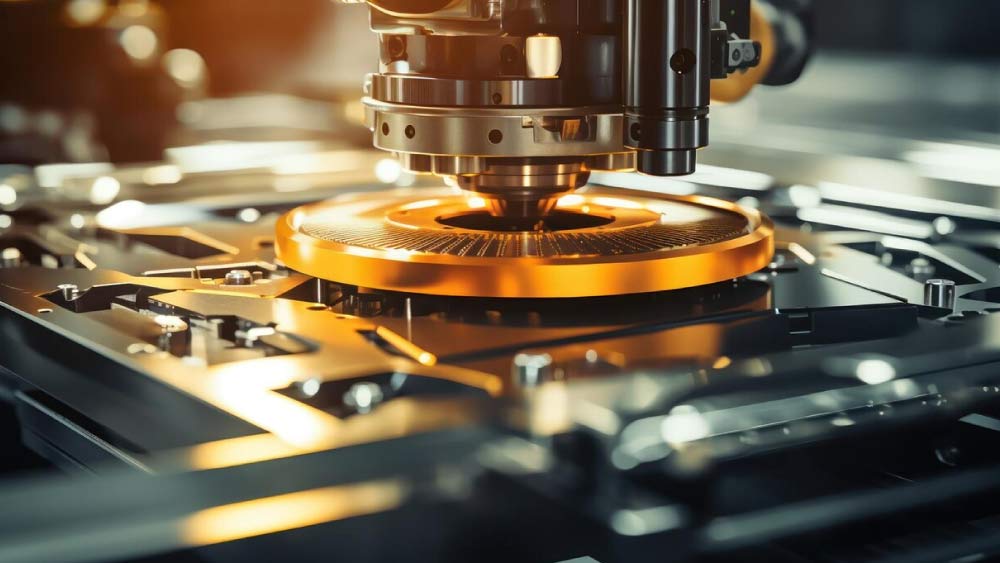The Impact of CNC Routing in Precision Manufacturing

In the realm of precision manufacturing, the advent of Computer Numerical Control (CNC) routing has heralded a new era of innovation and efficiency. This technology has transformed the way manufacturers approach design and production, offering unparalleled accuracy and consistency in creating complex parts and components.
At the heart of this revolution is the CNC router, a sophisticated machine that interprets computer-generated design instructions to manipulate various materials, including wood, metal, and plastic, with exact precision.
The Core of CNC Routing: Enhancing Precision and Efficiency

CNC routing services stand out for their ability to streamline the manufacturing process, offering a level of precision that manual methods can hardly match.
These services leverage advanced software to control the router’s movements, ensuring each cut is executed with meticulous accuracy. This precision is crucial in industries where even the slightest deviation can compromise the functionality of a component, such as in aerospace, automotive, and medical device manufacturing.
Moreover, CNC routing enhances efficiency by automating tasks that were once labor-intensive and time-consuming. With the ability to operate continuously and with minimal human intervention, these machines can produce large volumes of components quickly, reducing production times and costs.
Customization and Complexity: Pushing the Boundaries
One of the most significant benefits of CNC routing is its ability to handle complex designs that would be challenging, if not impossible, to achieve manually. This capability opens up new possibilities for customization, allowing manufacturers to tailor products to specific customer needs without significant increases in cost or production time.
Furthermore, the versatility of CNC routers in working with a wide range of materials means they can be used in a diverse array of applications. From intricate wooden furniture to complex metal components in machinery, the scope of what can be created is virtually limitless.
Sustainability and Safety: The Overlooked Advantages
In addition to its precision and versatility, CNC routing also contributes to sustainability in manufacturing. The accuracy of the machine reduces material waste significantly, as each cut is optimized to make the most of the raw materials. This efficiency not only saves on costs but also minimizes the environmental impact of production.
Safety in the workplace is another area where CNC routing makes a substantial difference. Automating the cutting process reduces the risk of accidents commonly associated with manual handling of tools. This creates a safer work environment and helps manufacturers comply with health and safety regulations.
Challenges and Future Prospects

Despite its many advantages, the implementation of CNC routing is not without its challenges. The initial investment in CNC machinery can be significant, which might be a barrier for smaller manufacturers. Additionally, there is a need for skilled personnel who can operate these machines and interpret complex design software.
Looking to the future, the role of CNC routing in precision manufacturing is set to grow even more significantly. Advancements in technology, such as the integration of artificial intelligence and the Internet of Things (IoT), will further enhance the capabilities and applications of CNC routers.
As these technologies evolve, they will pave the way for even greater innovation and efficiency in manufacturing.
Conclusion: A Glimpse into Tomorrow’s Manufacturing
The impact of CNC routing in precision manufacturing is profound and far-reaching. It has not only improved the efficiency, accuracy, and versatility of production processes but also contributed to sustainability and safety.
The future of precision manufacturing, with CNC routing at its core, is undoubtedly an exciting and promising one.

news via inbox
Sign up and never miss out on the latest news and updates at HighStuff




